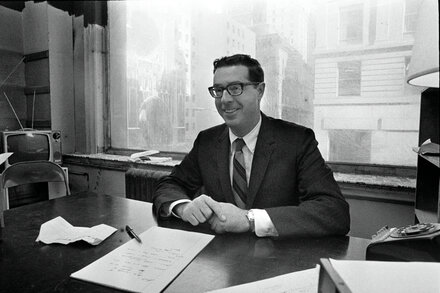A new U.S. visa policy, widely dubbed “Trump’s $100,000 Visa,” has sparked widespread alarm among international professionals and the companies that employ them, with many reporting their career and personal plans thrown into disarray. The policy, which imposes significantly increased fees on certain high-skilled worker visas, has made it prohibitively expensive for many to secure or renew their status.
The measure, officially presented as the “Homeland Economic Protection Surcharge” by the administration, targets categories including the H-1B visa, which is predominantly used by technology workers and other skilled professionals from countries like India. When combined with existing application, legal, and premium processing fees, the new surcharge pushes the total cost for an employer or individual to well over $100,000 for a multi-year visa.
For thousands of professionals who have built lives and careers in the U.S., the financial barrier has become insurmountable. Priya Sharma, a 32-year-old software engineer from Bengaluru, India, who had been working in Silicon Valley for five years, described the profound impact.
My dreams were shattered. I was just about to apply for my extension, planning to bring my parents to visit next year and eventually explore my entrepreneurial ambitions here. Now, my company cannot justify the cost, and I face the impossible choice of returning home, leaving everything behind. It feels like years of hard work and sacrifice have been rendered meaningless overnight.
The policy, which began implementation earlier this year, was framed by the administration as a means to encourage companies to prioritize American workers and generate revenue for border security initiatives. However, critics argue it places an undue burden on legitimate businesses and highly skilled individuals contributing to the U.S. economy.
Immigration attorneys report a significant slowdown in new H-1B petitions and a wave of difficult conversations with existing clients. “We’re seeing an unprecedented number of highly qualified individuals being forced to consider leaving the U.S. because their employers simply cannot absorb a $100,000-plus cost per employee, particularly for renewals,” said Emily Chen, an immigration lawyer based in New York. “This isn’t just about big tech; it’s affecting hospitals, research institutions, and smaller startups that rely on specialized talent.”
The impact is particularly acute in India, a major source of H-1B visa holders. Families who had invested heavily in education and expected a future in the U.S. are now grappling with uncertainty. Universities, too, are concerned about the long-term implications for international student enrollment, as the path from study to professional work in the U.S. becomes increasingly arduous and expensive.
While the administration maintains the policy is a necessary step to protect American jobs and fund critical initiatives, the human cost continues to mount, leaving many to question the future of skilled immigration to the United States.
Source: Read the original article here.





